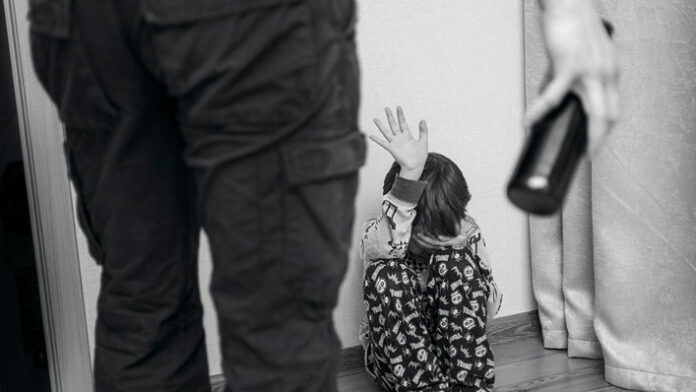Family, in an ideal world, is supposed to be a source of unconditional love, support, and understanding. It’s the cornerstone of our lives, shaping our identity, values, and sense of belonging. However, the reality is often far from this idyllic picture. Many people experience painful truths when family doesn’t act like family. Whether it’s due to dysfunction, conflicts, or simply differences in personality, navigating these complex relationships can be emotionally challenging. Let’s look into the various dynamics at play when family doesn’t act like family, and strategies for coping and finding healing.
When Family Doesn’t Act Like Family
Family dynamics encompass the intricate interplay of relationships, roles, and communication patterns within a family unit. While every family is unique, there are common dynamics that can influence how members interact with one another. These dynamics may include power struggles, favoritism, communication barriers, and unresolved conflicts. When these dynamics become dysfunctional or toxic, they can create an environment where family members don’t feel safe, supported, or valued.
Causes of Family Dysfunction
There are numerous factors that can contribute to family dysfunction, and these vary from one family to another. Some common causes include:
- Communication breakdown:
Poor communication or a lack of effective communication can lead to misunderstandings, resentment, and unresolved conflicts within the family. - Unresolved issues:
Past traumas, unresolved conflicts, and unaddressed emotional wounds can fester over time, creating tension and discord within the family. - Substance abuse:
Substance abuse issues, whether it’s alcoholism, drug addiction, or other forms of addiction, can wreak havoc on family relationships, leading to betrayal, neglect, and emotional turmoil. - Mental health issues:
Mental health disorders such as depression, anxiety, and personality disorders can significantly impact family dynamics, leading to strained relationships and difficulty in understanding and supporting affected family members. - Cultural and generational differences:
Cultural expectations, traditions, and generational gaps can create conflicts and misunderstandings within families, particularly in multicultural or multi-generational households.
The Impact on Individuals
When family members don’t act like family, the impact on individuals can be profound and far-reaching. Some common effects include:
- Emotional distress:
Feeling unloved, rejected, or unsupported by family members can result in feelings of loneliness, sadness, and low self-worth. - Identity confusion:
Family plays a significant role in shaping our identity and sense of self. When family dynamics are dysfunctional, individuals may struggle to define their own identity and establish healthy boundaries. - Trust issues:
Betrayal, dishonesty, and broken promises within the family can erode trust and make it difficult for individuals to form meaningful relationships outside the family unit. - Mental health issues:
The chronic stress and emotional turmoil resulting from dysfunctional family dynamics can contribute to the development or exacerbation of mental health disorders such as depression, anxiety, and PTSD. - Difficulty forming healthy relationships:
Growing up in a dysfunctional family environment can impact an individual’s ability to form healthy, secure attachments and navigate interpersonal relationships effectively.

